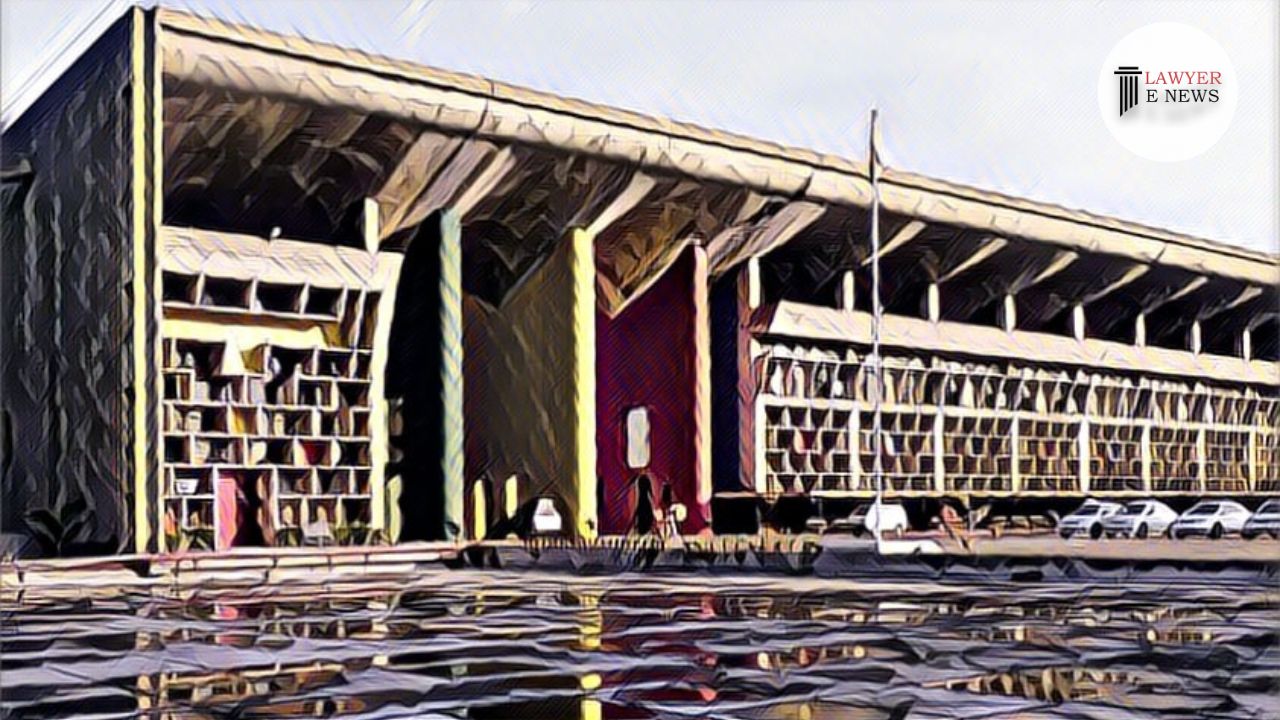-
by sayum
14 February 2026 2:22 PM



In a significant ruling, the Punjab and Haryana High Court has quashed a complaint and related proceedings against Jasbir Singh Ryait, who was facing prosecution under Section 276CC of the Income Tax Act, 1961. The court’s decision came after observing that the matter had already been settled by the Settlement Commission, which granted immunity to the petitioner.
Justice Deepak Gupta, presiding over the matter, emphasized that the continuation of the prosecution against the petitioner, despite the grant of immunity by the Settlement Commission, constitutes a gross misuse of the legal process. The judgment hinges on the application of Section 482 of the CrPC, which empowers the High Court to quash proceedings to prevent abuse of the process of the court.
The petitioner, Jasbir Singh Ryait, was subject to a search and notice under Section 132 and 153-A of the IT Act, respectively. Despite complying with the proceedings and seeking settlement, the Income Tax Department proceeded with a complaint for non-filing of returns. The petitioner contended that the Settlement Commission’s order, which granted him immunity, was overlooked, leading to the prosecution.
Misconceived Prosecution: The court observed that the complaint was based on a misconceived suspicion, primarily due to a delay in filing income tax returns.
Grant of Immunity by Settlement Commission: The Settlement Commission had granted immunity to the petitioner from prosecution, which, according to the court, should have halted the proceedings.
Precedents and Legal Principles: Citing precedents like Ashirvad Enterprises v. State of Bihar and Mohan Lal Darshan Kumar v. S.P. Bookal, the court reiterated that once immunity is granted before the institution of prosecution proceedings, continuing the prosecution is unjust.
Application of Section 482 CrPC: The court used its inherent powers under Section 482 CrPC to quash the proceedings, emphasizing the necessity to prevent abuse of the process of law and injustice to the petitioner.
Decision: The High Court conclusively quashed the complaint No.COMA/736/2017, the summoning order, and the framing of charges against Jasbir Singh Ryait. The court ruled that in light of the immunity granted by the Settlement Commission, continuing the prosecution amounted to a misuse of the legal process.
Date of Decision: 05.04.2024
Jasbir Singh Ryait vs. Assistant Commissioner of Income Tax
